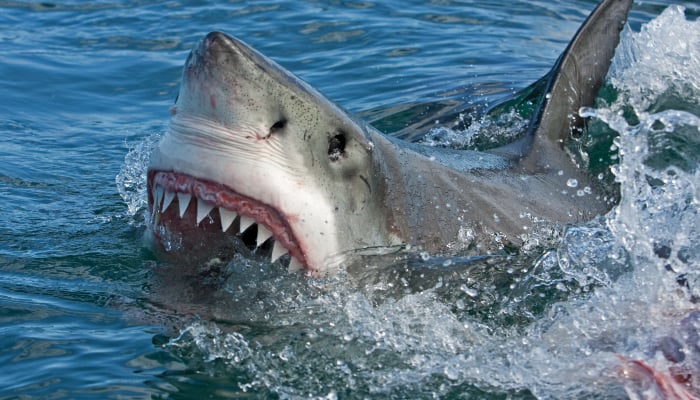
Climate change-triggered ocean acidification threatens sharks’ biggest strength, their teeth.
According to CNN, as the carbon emission is increasing with every passing day, the sea has started absorbing more than ever carbon dioxide from our environment, resulting in lower pH levels.
The lowering pH level of the seawater is making it more acidic and affecting sea creatures and ecosystems.
Maximilian Baum, a biologist and lead author of the study, said, “Since ocean acidification is known to damage calcified structures like corals and shells, we wanted to investigate whether shark teeth, especially in species … that swim with their mouths open to ventilate their gills and have constant seawater exposure, might also be vulnerable.”
“Our main takeaway is that not only small organisms like corals or molluscs are at risk: even the teeth of apex predators show visible damage under acidified conditions, suggesting that ocean acidification could impact sharks more directly than previously assumed,” the researcher added.
The researchers of the study that was published in the journal Frontiers in Marine Science collected 600 naturally shed teeth from 10 blacktip reef sharks at the Sea Life Oberhausen in Germany.
The team of researchers then select 16 undamaged and 36 limited-damage teeth and incubate them in two separate 20-litre tanks filled with seawater of different pH levels, 8.2 (close to today's ocean average) and 7.3 (projected for the year 2300), for eight weeks.
Compared to shark teeth incubated in water with a pH of 8.2, those exposed to more acidic conditions showed visible damage, including cracks, holes, increased root corrosion and structural degradation.
Researchers warned that the continued damage could affect sharks' lifestyles, especially how they find and digest food.












